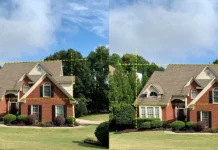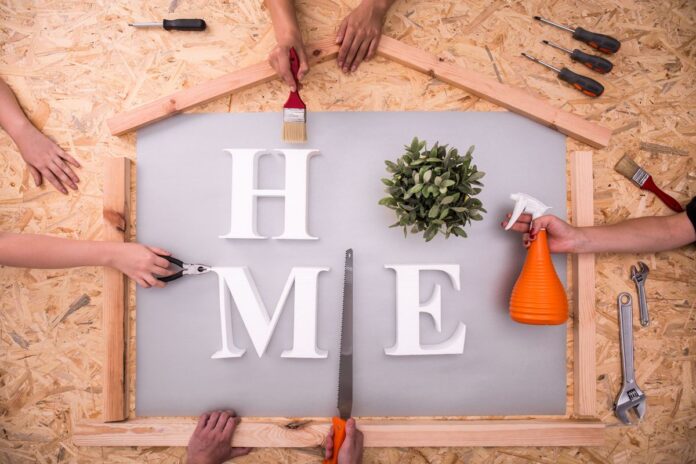
As a property owner or manager, one of your primary responsibilities is to ensure that your premises are in good condition. Keeping your premises well-maintained not only enhances their appearance but also prolongs their lifespan, saving you significant costs in the long run. Here are some essential tips and tasks to help you maintain your premises in great condition:
1. Regular cleaning
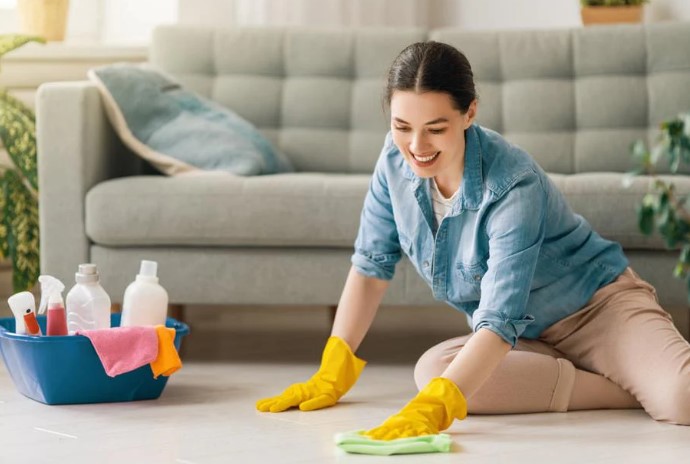
Regular cleaning is vital in keeping your premises in excellent condition. Dirt, dust, and other debris can accumulate over time, leading to wear and tear of surfaces. Ensure that you clean your premises regularly, including floors, windows, and walls, to prevent the build-up of dirt and grime.
2. Repair leaks
Leaky pipes, roofs, or windows can cause significant damage to your premises over time. It is crucial to repair any leaks as soon as you notice them to prevent water damage, mold growth, and other structural damage. Inspect your premises regularly for signs of leaks and address any issues promptly.
3. Maintain the HVAC system
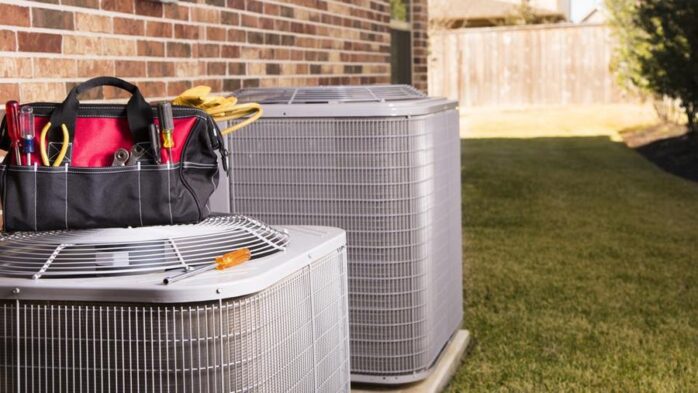
Your HVAC system is a critical component of your premises. Proper maintenance of the system not only prolongs its lifespan but also ensures that it operates efficiently, reducing energy costs. Schedule regular maintenance of your HVAC system, including cleaning and replacement of air filters, to keep it in excellent condition.
4. Inspect and repair electrical systems
Electrical systems are another essential component of your premises. Regular inspections of the system can help identify any issues, such as faulty wiring, that could lead to electrical fires. Ensure that you address any electrical issues promptly and hire a qualified electrician for any repairs or installations.
5. Hire professional contractors
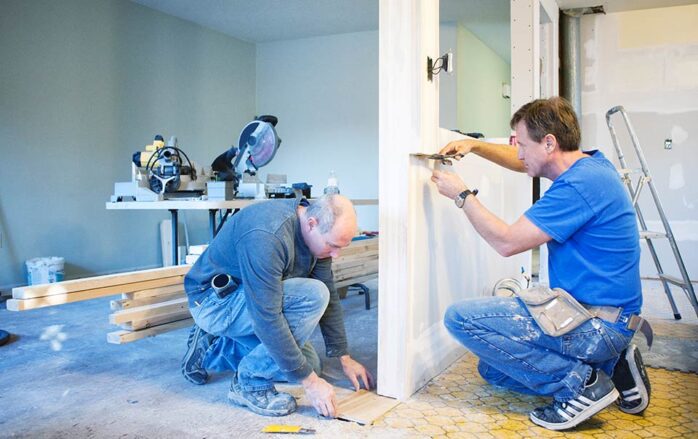
While some maintenance tasks can be performed in-house, it is often best to hire professional contractors for complex or specialized tasks. For example, if you don’t have access to the area you need to work on, why not consider hiring an access platform or other access solution. You can click here to learn more about hiring the right access equipment. Hiring the right equipment can save you significant costs and prevent accidents.
6. Keep up with routine inspections
Routine inspections are critical to identifying potential issues before they become major problems. Regularly inspecting your premises can help you catch small issues before they turn into costly repairs or replacements. For instance, inspecting your roof for damage or leaks, checking for cracks or damage to walls, and examining the foundation for signs of shifting or cracking can all help identify potential problems early on.
7. Implement a preventive maintenance plan
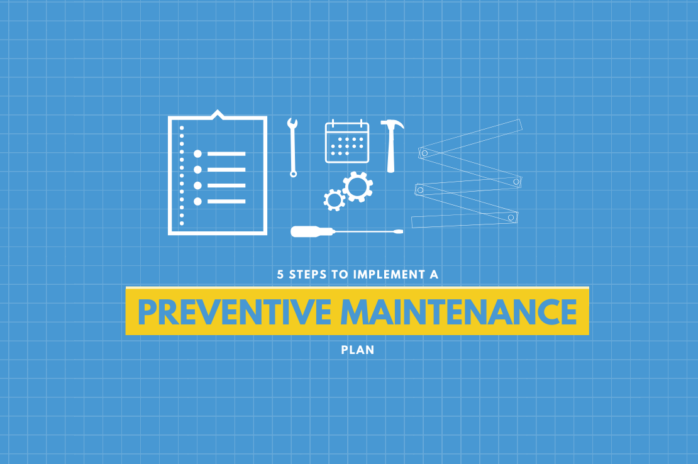
Preventive maintenance is the process of performing maintenance tasks before equipment or facilities fail. A preventive maintenance plan can help you reduce the likelihood of unexpected equipment failures or breakdowns, saving you time and money. A preventive maintenance plan can include regular inspections, equipment testing, cleaning, lubrication, and calibration.
8. Keep records of maintenance tasks
Maintaining a record of maintenance tasks can help you keep track of when tasks were last performed, what was done, and any issues that were identified. This information can be helpful when planning future maintenance tasks, scheduling repairs or replacements, and tracking maintenance costs. Keeping detailed records can also help you demonstrate compliance with regulations or industry standards.
9. Train staff on proper maintenance procedures
Proper maintenance requires more than just the right equipment and tools; it also requires knowledgeable and trained staff. Providing training to your maintenance staff can help ensure that they are equipped to perform maintenance tasks properly and safely. Training can also help ensure that maintenance is performed consistently across your premises, reducing the likelihood of equipment failures or breakdowns.
10. Use quality materials and equipment
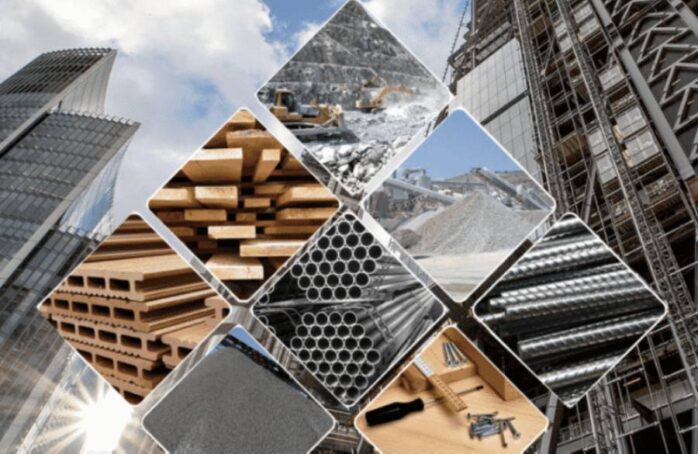
Using quality materials and equipment can help ensure that your premises remain in excellent condition. Investing in high-quality building materials, equipment, and tools can help you avoid costly repairs or replacements down the road. Additionally, using quality materials and equipment can help ensure that maintenance tasks are performed safely and effectively.
In conclusion, keeping your premises in great condition requires regular maintenance and attention. By following these essential tips and tasks, you can ensure that your property remains in excellent condition, prolonging its lifespan and saving you significant costs in the long run.


